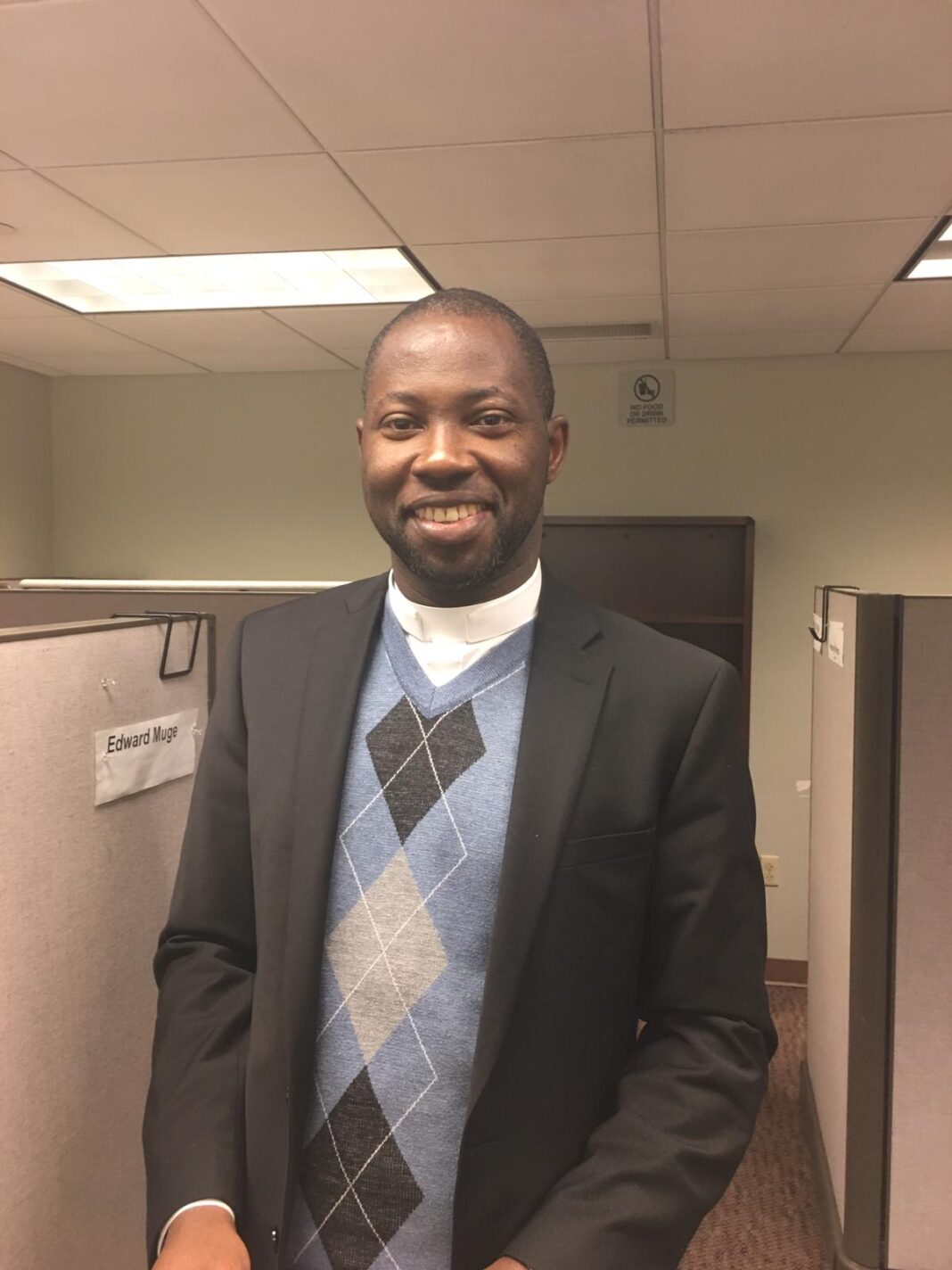Debates over last year’s 2022 Budget presented before Parliament on November 17, 2021, was marred by confusion and chaos following its rejection by the minority National Democratic Congress (NDC) Members of Parliament and approval of the same by the majority New Patriotic Party (NPP) MPs at a later date. The meeting of the two sides on December 1, 2021, to debate the Budget only resulted in more confusion and chaos with one MP seen attempting to seize the Speaker’s seat. When everybody thought that the confusion over the Budget was over, we were very much mistaken as the two sides clashed again on December 20, 2021, this time around with shoving, heckling, fisticuffs and slaps.
As a concerned citizen, I support the various calls that have been made for our current MPs to learn to resolve their strained relationships and settle their differences in a more mature and amicable way. Nonetheless, I believe that the bedlam that has accompanied the 2022 Budget Statement so far is but a symptom of the bigger political malaise that has bedeviled Ghanaian politics in more recent times.
A Hung Parliament in the Midst of Ghana’s Sliding Democracy
For the first time in our country’s electoral history, Ghana today has a hung Parliament with 137 MPs for both the ruling NPP and the opposition NDC party and one Independent MP who identifies with the former. This new situation, coupled with a Speaker who is an NDC member had meant that right from its inception, the current Parliament was destined for an interesting and uncertain future. Whereas many Ghanaians had hoped that this new development would be a good omen for our country, events of January 7, 2021, served as a rude awakening. The Parliamentary session on that day to select the Speaker for him to inaugurate the new Parliament was rocked by confusion, heckling, ballot snatching, destruction of electoral materials, a marathon race and few slaps. Although the commotion was eventually overcome, that unfortunate introduction to the life of the current Parliament left in its wake sentiments of bitterness, uneasiness and tension among the Members on the two sides of our Parliament. The unfortunate incidents we have witnessed in Parliament on December 1 and 20, 2021, are but a culmination of the gradual but steady breakdown of mutual trust and respect among the two sets of MPs we have in our current Parliament.
But why have we come this far?
I believe that we have come this far owing to the following factors, among several others. One, from the first elections in December 1992 until the most recent one in December 2020, all ruling parties have had the added advantage of boasting the greater numbers in Parliament as well. With that, ruling Governments could conveniently push their policies through Parliamentary approval without the support of opposition party(ies) in Parliament. Today’s situation in Parliament is different.
Two, the large numbers of MPs for ruling Governments in previous Parliaments save this current one had often led to the situation where the views of opposition MPs could easily be ignored. Thus, the rule of thumb has been “the opposition can have their say and the ruling party, their way.” Again, today’s situation in Parliament is different.
Three, broadly speaking, Ghana’s politics in general and parliamentary practice in particular have not matured over the years as hoped, for example, in encouraging bipartisanship owing to excessive partisanship and the “winner-takes-it-all” mentality. The lust for power and useless majoritarianism have often led to the drowning of voices of dissent within the two leading parties so that moderate voices of reason have often ended up becoming spectators rather than citizens.
These factors coupled with the general toxic atmosphere within Ghanaian politics have culminated in the situation where most politicians have become arrogant, superficial, and parochial in their understanding and approach to national issues. While politics is supposed to unearth talents and produce leaders who are capable of moral and economic responsibility, in Ghana, however, politics has rather led to the mass production of adults who have internalized a sense of entitlement that is wholly disconnected from a sense of responsibility. Entry into politics and public service in Ghana has essentially become a projection of personal ego and self-esteem where the exchange of epithets displaces intellectual engagement and empty soundbites and sloganeering takes over the (social) media space.
The Way Forward
To remedy with Ghana’s democratic dysfunction today, it is urgent for Ghanaian politicians to turn to the morality of democracy and be committed to reason and truth-telling in debating issues of national importance. Ghanaian politicians ought to develop the courage to face the hard facts and the willingness to concede when others have something better to share while striving to abide by right conduct to give us a cause for hope in the years ahead. Methinks that as far as politics in Ghana is concerned, the year 2020 should be considered as a year to forget. The unfortunate happenings in Parliament in particular were marks of an inglorious first year of a sharply divided Parliament in need of urgent political redemption. Yet, these are just symptoms of the greater political dysfunction in Ghana currently. Though all is not lost, we all need to do our part to remedy this situation now before it is too late in the day to do anything. May God bless our homeland Ghana and make our nation greater and stronger.



